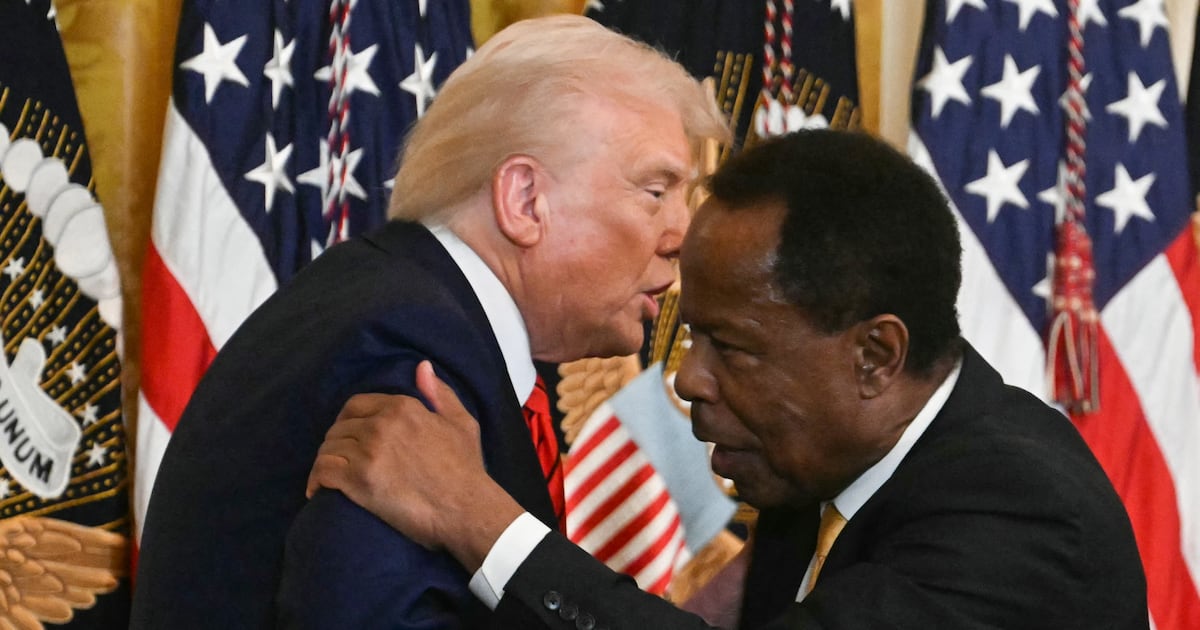The sideshow in American politics over the past two weeks has been dubbed Bridgegate, reflecting our impulse to dub every scandal a successor to Watergate.
In this case, the culprit is not a president but a potential presidential candidate, the Republican governor of New Jersey, Chris Christie. Hugely popular, Christie was re-elected with massive margins in November – winning both women and Hispanic voters outright – and he's been leading national polls for the 2016 GOP nomination.
But in a semi Nixonesque turn of events, overzealous and somewhat thuggish staffers spoiled a landslide re-election with a paranoid power play.
Here's what we know so far. In August, Christie's deputy chief of staff, Bridget Anne Kelly, emailed Port Authority official David Wildstein with the digital equivalent of a smoking gun: "time for some traffic problems in Fort Lee."
At issue, apparently, was the failure of the Democratic mayor of Fort Lee to endorse Gov. Christie for re-election. Wildstein, a friend of Christie's and one of his appointees, immediately typed back: "Got It" – and weeks later a previously unscheduled traffic study closed lanes of traffic on the world's busiest bridge, causing logjams during the first week of school.
Christie, an archetypal tough guy happy warrior, at first dismissed accusations that the traffic jam was politically motivated. But when the emails were revealed, denials turned into abject apology and a spate of surgical strikes on his own staff, capped by a Castro-esque 100 minute plus press conference in which Christie denied knowledge of the dirty trick and answered every question that a ravenous press corps could throw at him. It was a bold and bravura performance, reflecting the rare political talent possessed by this former prosecutor.
Investigations are ongoing and Democrats are cheering the possibility of derailing the most formidable potential Republican candidate. They recognise Christie as the only person who seems able to defeat Hillary Clinton in two years time. And now they have the convincing ability to turn his core asset into a national liability – the tough guy is now characterised as a bully.
But let's put partisan spin aside and accept Christie's contrite denials of personal knowledge at face value. There is still a larger issue at play.
Tone comes from the top of every organisation and Christie bears some responsibility for incubating an environment in which even a handful of top aides apparently felt that such a petty, vindictive action was acceptable, if not laudable, as long as they weren't caught.
The problem may not lie in Christie personally as much as the professional background he brought into politics.
Before running for governor, Christie was a U.S. Attorney, a sort of federal district attorney, appointed by the Bush administration. He made his reputation by rooting out local corruption and earning a remarkable record, with more than 125 convictions or guilty pleas.
Christie's ascent followed a well-trod model, especially in the north east – the prosecutor-turned-politician. In recent decades, Rudy Giuliani, former mayor of New York (who I worked for in City Hall) and former New York governor Eliot Spitzer rode the same narrative to high office. But there's a downside to this otherwise bracing profile.
Prosecutors are the unquestioned Big Dog in American civic life. They succeed by being fearless in the face of threats and intimidation. With the full force of law at their back, they are very nearly unaccountable in office, free to pursue what they think is right. In a crowded environment of compromised and often spineless politicos they stand out from the pack and can credibly run as reformers.
But once they reach executive office, the source of their success can backfire badly. Governors and mayors can achieve much through executive action, but ultimately they need to work with legislators, the types of folks they once viewed with thinly veiled contempt. The impulse to intimidate opponents – or "steamroll" them, as Spitzer once infamously promised in Albany – can infect loyal staff with arrogance. And as political leaders have learned for millennia, pride cometh before the fall.
Christie still has time to learn from this dereliction of duty. He can change the culture of his campaign and governing team, but only by making it clear that their actions and statements must reflect his highest ideals and not his worst impulses. The combative posture of a prosecutor must evolve into the resolute confidence of a statesman. Changing a culture is not quick or easy – it requires constant discipline, precisely because tone does come from the top.
But this is Chris Christie's crucible, a test of character and self-correction that will either ultimately strengthen his pursuit of the presidency or doom it to failure.
This article was originally published in The Sunday Telegraph.





